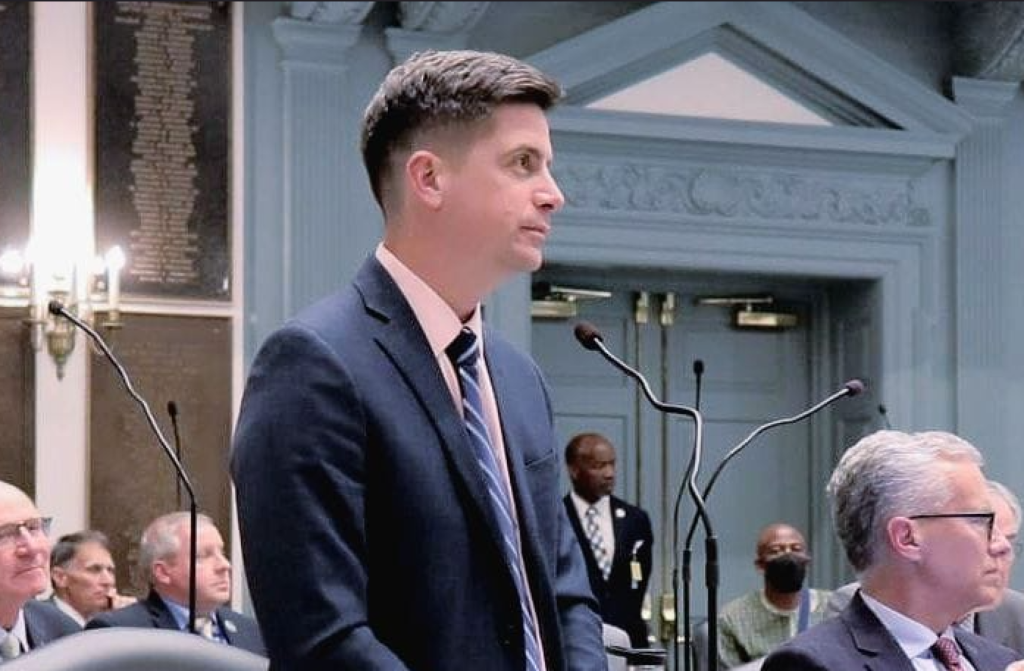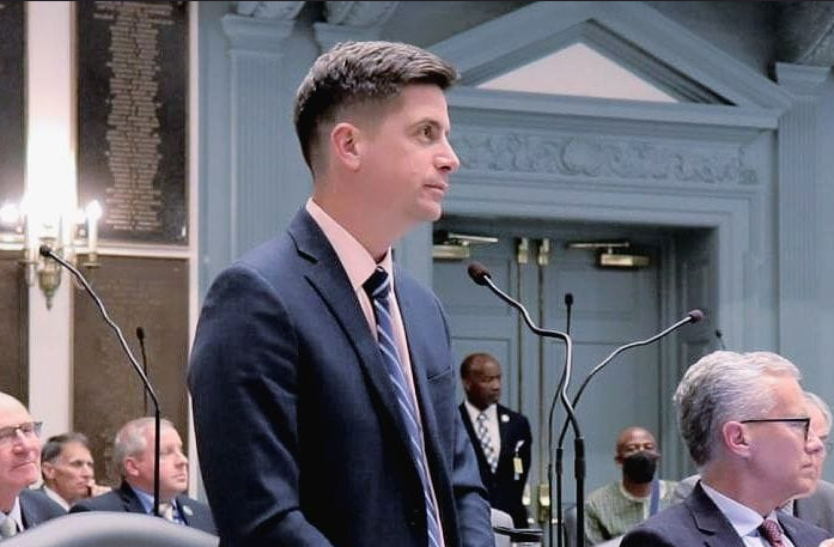In late June, I voted against the current state operating budget. I was asked by several other members across the aisle how I could vote against so many good programs contained in the spending plan. This perspective is dangerous and needs to be avoided if we are to be good stewards of our state finances.
There will always be demands for more state spending, and lawmakers must responsibly manage these demands on behalf of the citizens they represent. That did not happen in the current budget, when majority party lawmakers approved a nearly 10% increase in spending, even though annual state revenue forecasts for the next two years were expected to be lower.

The fiscal year 2024 spending plan is $507 million more than the one it replaced — a 9.9% hike that is the sixth-highest increase by percentage in state history. This does not include the $194.5 million supplemental appropriations bill. At the same time, the Office of Management & Budget predicted a $185 million revenue loss for the following year. Deciding to spend more while expecting less income is planning for financial failure. Can’t easily find this.
In Delaware, whichever administration is in charge tends to highlight its fiscal responsibility because of our state’s constitutional mandate to enact a balanced budget. That requirement guards against our state spending above its means and racking up the unimaginable debt amassed by the federal government. While a prudent precaution, this does not fully protect us from bad decisions.
When we continue to spend recklessly in the good years without considering what the future will bring, the state will eventually force citizens to face massive tax increases or disruptive budget cuts. The former option is the most probable when looking at the action of recent General Assemblies that have refused to consider fiscally responsible proposals, including tying state spending growth to population growth and inflation.
Additionally, lawmakers voting for higher spending have seemingly ignored the huge (and growing) state financial obligations for retiree benefits and Medicare. With the large boomer generation continuing to retire and nearly one-third of our state on Medicaid, significant spending hikes in the face of an economic slowdown are a recipe for disaster.
As of June 2023, there were 306,822 people enrolled in Medicaid in Delaware, about 30% of the current state population. The current state operating budget includes $894.5 million for Medicaid. The Supplemental Appropriations Bill included an additional appropriation of $69.1 million earmarked for the program.
I propose two new bills to help foster fiscal responsibility in the General Assembly. The first would require state lawmakers to take basic economics training, including budgeting and market analysis. To its credit, Delaware has a diverse legislature, with members from different occupations and backgrounds bringing many unique perspectives to the table. The downside is that many of our members lack a grounding in the basic financial principles needed to weigh the consequences of their budgetary actions thoroughly. The second measure would require state spending to be capped at a specific benchmark each year that would be set using predictive financial modeling.
Government spending needs to be prudently managed by making carefully considered, and sometimes difficult, decisions. Frank and open discussions need to be held in the General Assembly, not just about what programs are “worthy” of public money but about what the financial future of Delaware looks like and how we navigate this without burdening hard-working Delaware families.


